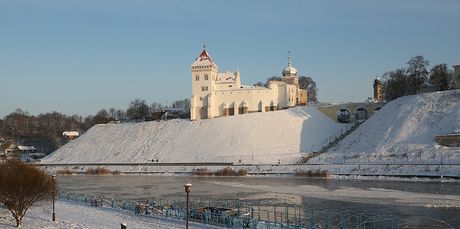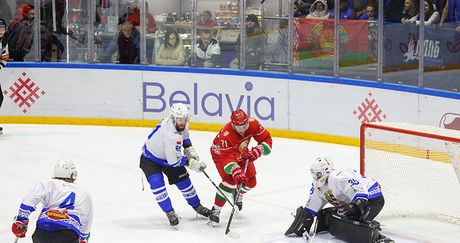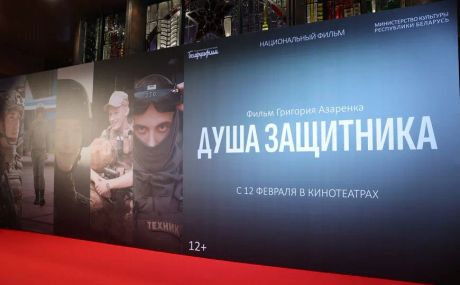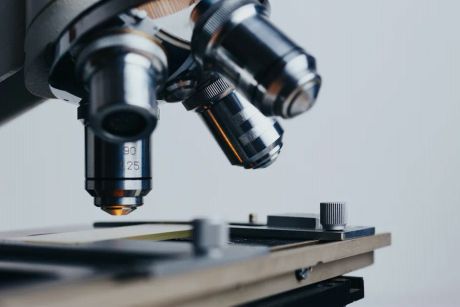Belarusians, Russians united in remembering war dead
19:41, 2 May

soyuz.by
Memory and sorrow for the heroes, who died during the Great Patriotic War of 1941-1945, unite Belarusians and Russians. Rector of Belarusian State Medical University Sergei Rubnikovich made the statement during the 3rd Belarusian-Russian patriotic forum “We have to live and remember”, which is taking place at the university on 2-3 May, BelTA has learned.
- Share on Facebook
- Share on VK
- Share on Twitter
The rector remarked that representatives of 18 higher education institutions from Belarus and Russia had gathered at Belarusian State Medical University ahead of 9 May (Victory Day) in order to bow low before the great deed of the heroes and celebrate the Victory in the Great Patriotic War, which had come at a great cost but had allowed the current generation to live, work, study, and plan their future.

“The most important thing, the most precious thing that we have is the common memory, pain, and sorrow we feel about our fallen heroes. And certainly the joy for our great Victory,” Sergei Rubnikovich told participants of the forum.
According to Sergei Rubnikovich, the year since the second forum has demonstrated that threats and challenges to peace, to Belarus’ security are unfortunately not decreasing, they still remain high. The rector reminded that during the 7th Belarusian People’s Congress the country’s president underlined that new attempts to crush Russians, Belarusians, Slavs, attempts to destroy the feeling of national pride and culture had only united and motivated the nations to restore the past might.

“I hope that this large-scale forum that will last for two days will become an answer to militarization, military threats, and attempts to sow discord. And the unity of this chamber will become an example and a guarantor of invincibility of our countries – Belarus and Russia,” he said.
Before the forum began, the rector talked to reporters and noted that seven panel sessions had been planned in addition to the plenary session. In particular, the forum will be dedicated to professors and lecturers, former students of the medical institute, who fought at the frontline and forged the victory on the home front and as part of partisan units. “We have many heroic figures among our professors and lecturers, among the former students of the university. Essentially the forum will be dedicated to the memory of our compatriots,” he said.

Taking part in the forum are representatives of nine higher education institutions from Russia, including medical universities of Smolensk, Samara, and Kuban.

Sergei Rubnikovich remarked that participants of the forum will discuss not only civil patriotism events but joint educational and scientific topics. In particular, there are plans to discuss the launch of joint projects to make Belarusian-Russian joints for traumatology and orthopaedy applications with top officials of the Samara medical university. Bioengineering and cellular technologies, which allow improving the quality of medical aid available to the population of Belarus and Russia, are also interesting.






